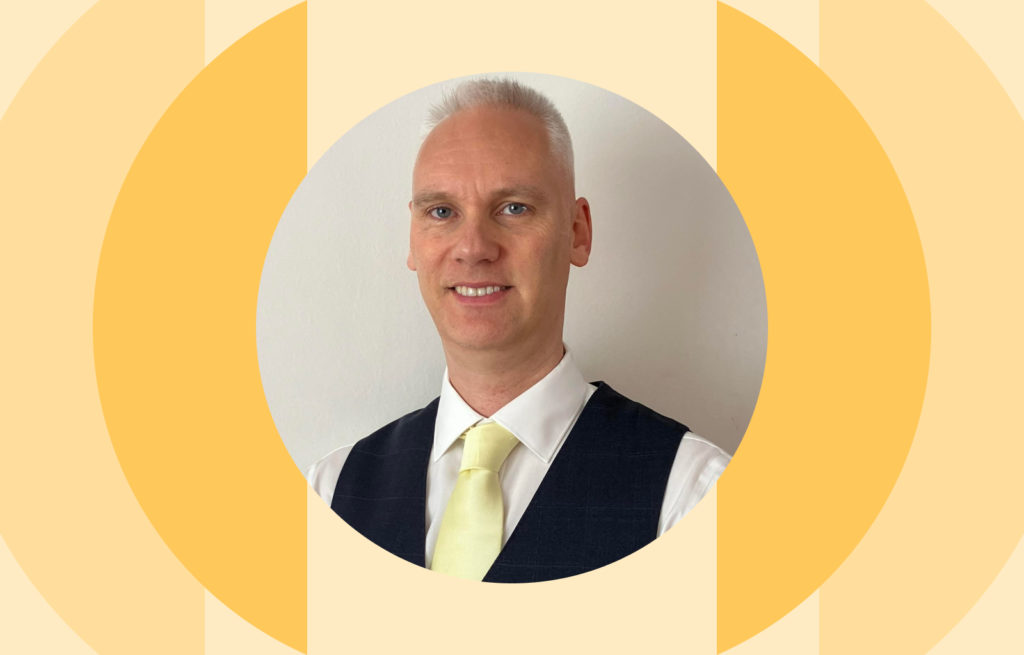Agile consulting vs. coaching: choosing the right approach for your needs
As organisations shift towards Agile frameworks to enhance productivity, collaboration, and innovation, many find themselves at a crossroads: Should they choose Agile consulting or Agile coaching to guide their Agile transformation?
Each approach caters to different organisational needs and offer distinct benefits. Understanding the differences between Agile consulting and coaching is essential for selecting the most effective route for your organisation.
What Is Agile consulting?
Agile consulting focuses on introducing external experts into your organisation to assess current processes and implement tailored Agile solutions. Agile consultants are specialists who dive deep into your operational workflows, identify inefficiencies, and recommend strategies to improve agility. These consultants often offer concrete, short-term solutions to address immediate challenges, such as introducing new frameworks like Scrum or Kanban, optimising project management tools, or streamlining communication between teams. The goal of Agile consulting is to provide quick and impactful changes that align with your company’s specific goals.
Consultants tend to take a hands-on role, often leading the implementation of new processes and ensuring that teams understand how to work within an Agile framework. Their focus is on driving fast, tangible results, with engagements typically being short-term and highly targeted. Once the solutions are in place, Agile consultants often step away, leaving the organisation to operate with the newly implemented processes. This makes consulting a practical option for businesses seeking immediate improvements or for those that need to solve specific problems with a clear set of deliverables.
What are the key advantages of Agile Consulting?
- Accelerated results: Consultants quickly identify inefficiencies and provide tailored solutions to improve productivity and project workflows.
- Expert knowledge: They bring deep expertise in Agile methodologies and industry best practices, helping avoid common pitfalls.
- Tailored solutions: Agile consultants offer customised strategies that align with your organisation’s unique needs and goals.
- Faster adoption: Consultants speed up Agile adoption by providing hands-on guidance, reducing the learning curve.
- Short-term commitment: Consulting engagements are typically time-bound, offering expert help without a long-term commitment.
- Hands-on implementation: They actively participate in implementing Agile processes, ensuring smooth adoption and effective execution.
- Cost-effective expertise: Hiring a consultant provides immediate Agile expertise without the cost of full-time specialists or extensive training.
- Fresh perspective: External consultants bring unbiased insights, helping identify issues and opportunities that internal teams may miss.
What Is Agile Coaching?
Agile coaching, by contrast, takes a more holistic, long-term approach to transformation. Rather than prescribing solutions, Agile coaches work closely with teams and leaders to foster a deep understanding of Agile principles. Coaching is less about immediate fixes and more about instilling a mindset shift that supports sustainable, ongoing change. Agile coaches guide organisations on how to navigate their Agile journey, offering support, feedback, and training to empower teams to adopt Agile practices independently.
Agile coaching is often a collaborative process that involves working with teams over an extended period, ensuring that the Agile transformation is not only understood but fully integrated into the organisational culture. Coaches help develop internal capabilities by mentoring team members and encouraging self-reflection, continuous improvement, and adaptation. This focus on long-term growth and development ensures that the organisation can sustain its Agile transformation, even after the coach’s engagement ends. Agile coaching is therefore ideal for companies that are looking to achieve a broader cultural shift or for those seeking to build internal expertise that will enable them to evolve continuously.
Key benefits of Agile coaching are:
- Long-term growth: Agile coaching focuses on fostering sustainable, long-term growth by helping teams internalise Agile principles.
- Cultural transformation: Coaches help drive a lasting Agile mindset shift, creating an organisation-wide culture of continuous improvement.
- Team empowerment: Coaching emphasises building self-sufficient teams that can make decisions and adapt Agile practices independently.
- Improved collaboration: Agile coaches enhance communication and collaboration across teams, leading to better alignment and productivity.
- Ongoing Support: Agile coaches provide continuous support, helping teams navigate challenges and refine their Agile practices over time.
Agile consulting vs. coaching: Key differences
While both Agile consulting and coaching aim to improve agility within an organisation, the methods and outcomes differ significantly.
Agile consultants offer more direct involvement, identifying problems and delivering solutions to address specific issues. They focus on short-term, solution-based interventions, making them an excellent choice for organisations that need fast results or have well-defined project scopes. On the other hand, Agile coaches emphasise the long-term development of Agile capabilities. They work alongside teams, encouraging them to think and act in an Agile way, fostering a cultural transformation that endures over time.
Consultants are more likely to step in and take control of the Agile implementation, setting up systems and processes and ensuring that they are followed correctly. Coaches, however, take a more facilitative role, allowing teams to explore solutions on their own while offering guidance, support, and feedback throughout the process. The time frame for consulting engagements is typically shorter and more structured, while coaching often involves ongoing support, adapting as the organisation grows in its Agile maturity.
How to decide which approach is better for your organisation?
The choice between Agile consulting and Agile coaching depends on your organisation’s current challenges, goals, budget, and level of Agile maturity. Agile consulting is the right approach if your company is facing urgent operational challenges and needs to implement solutions quickly. Also, if your company is new to Agile and requires external expertise to get started, a consultant can help by setting up the necessary frameworks and practices. Consulting is also well-suited for teams that need to address specific problems or improve the efficiency of individual teams or projects.
In contrast, Agile coaching is best for companies that aim to create a long-lasting cultural transformation. If your goal is to build internal capabilities and develop an Agile mindset across the entire organisation, a coach can guide you through that journey. Coaching is also valuable for businesses that are already familiar with Agile but need ongoing support to deepen their practices or scale them across different departments.
When considering your budget, Agile consulting may provide quicker, short-term results with a more predictable cost, while Agile coaching, though potentially more resource-intensive upfront, delivers long-term value through sustainable growth and internal development.
Ready to transform? Choose the right Agile approach with our experts
Ultimately, the decision between Agile consulting and Agile coaching boils down to your organisation’s specific needs and long-term objectives. If you’re seeking quick solutions and external expertise to tackle immediate challenges, Agile consulting is a powerful tool to drive rapid change. On the other hand, if your focus is on cultivating an Agile culture and building long-term capabilities within your teams, Agile coaching offers the guidance needed for sustained transformation.
At Spyrosoft we specialise in both Agile consulting and coaching. Whether you need expert advice on implementing Agile frameworks or ongoing support to build a truly Agile culture, our team is ready to help. Visit our Agile Consulting page and get in touch with our experts today.
About the author




